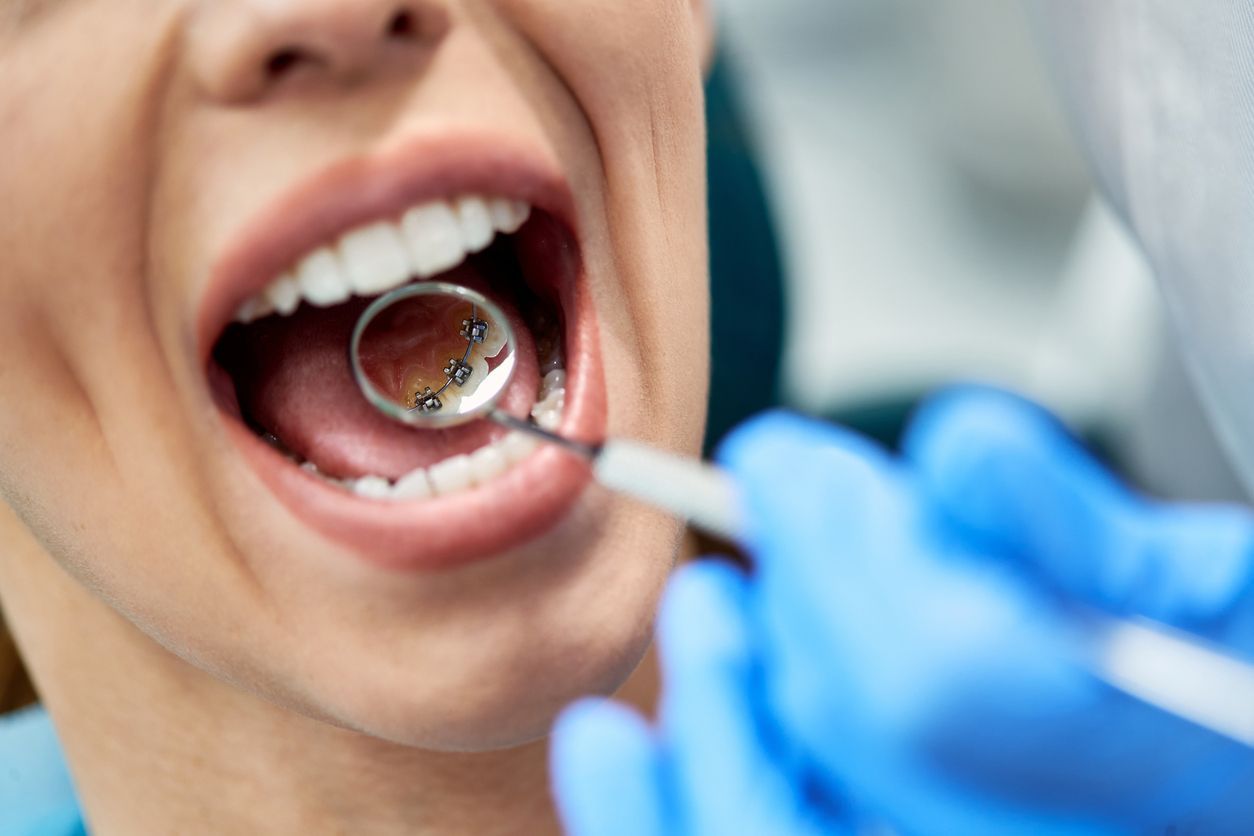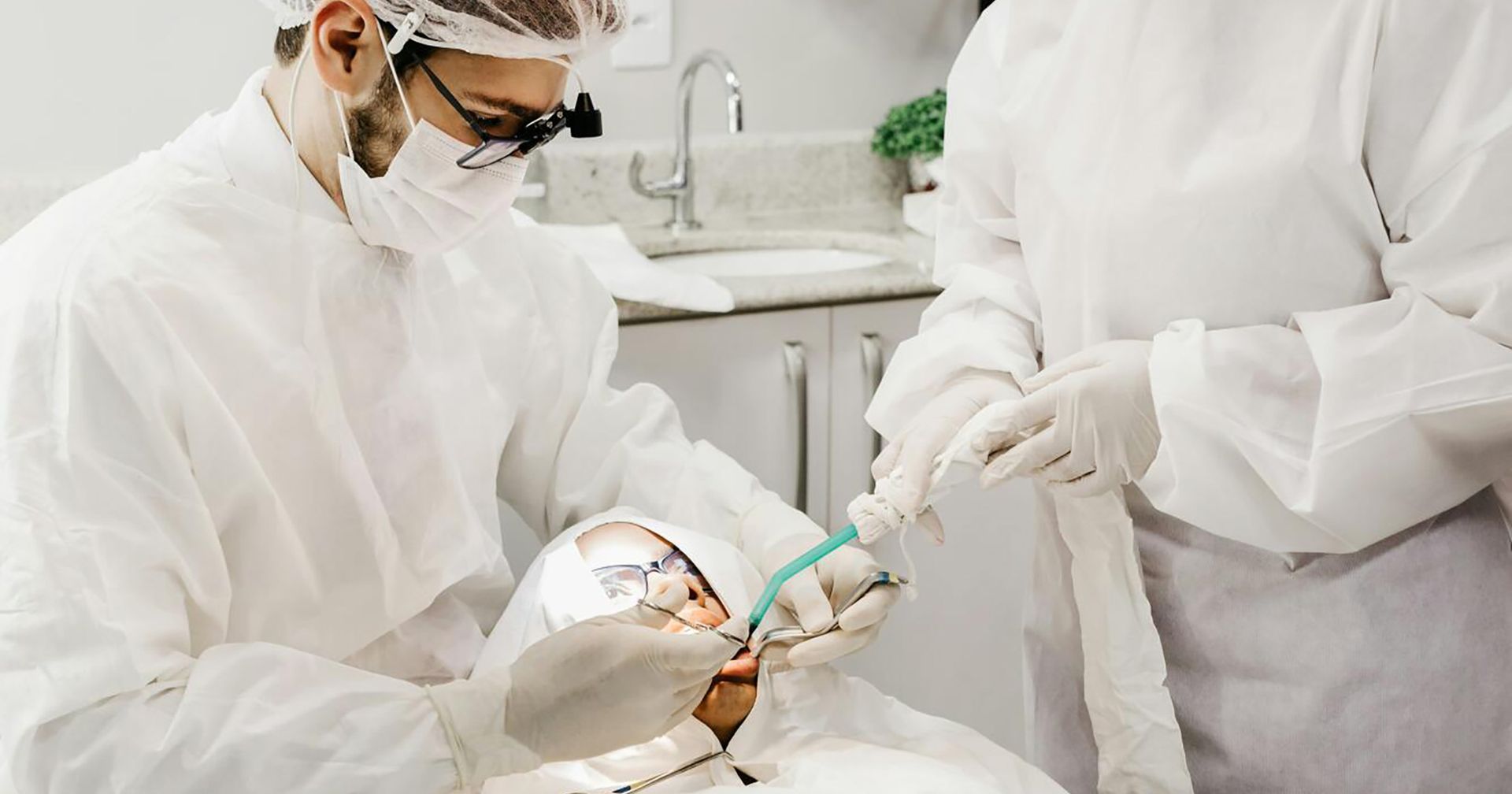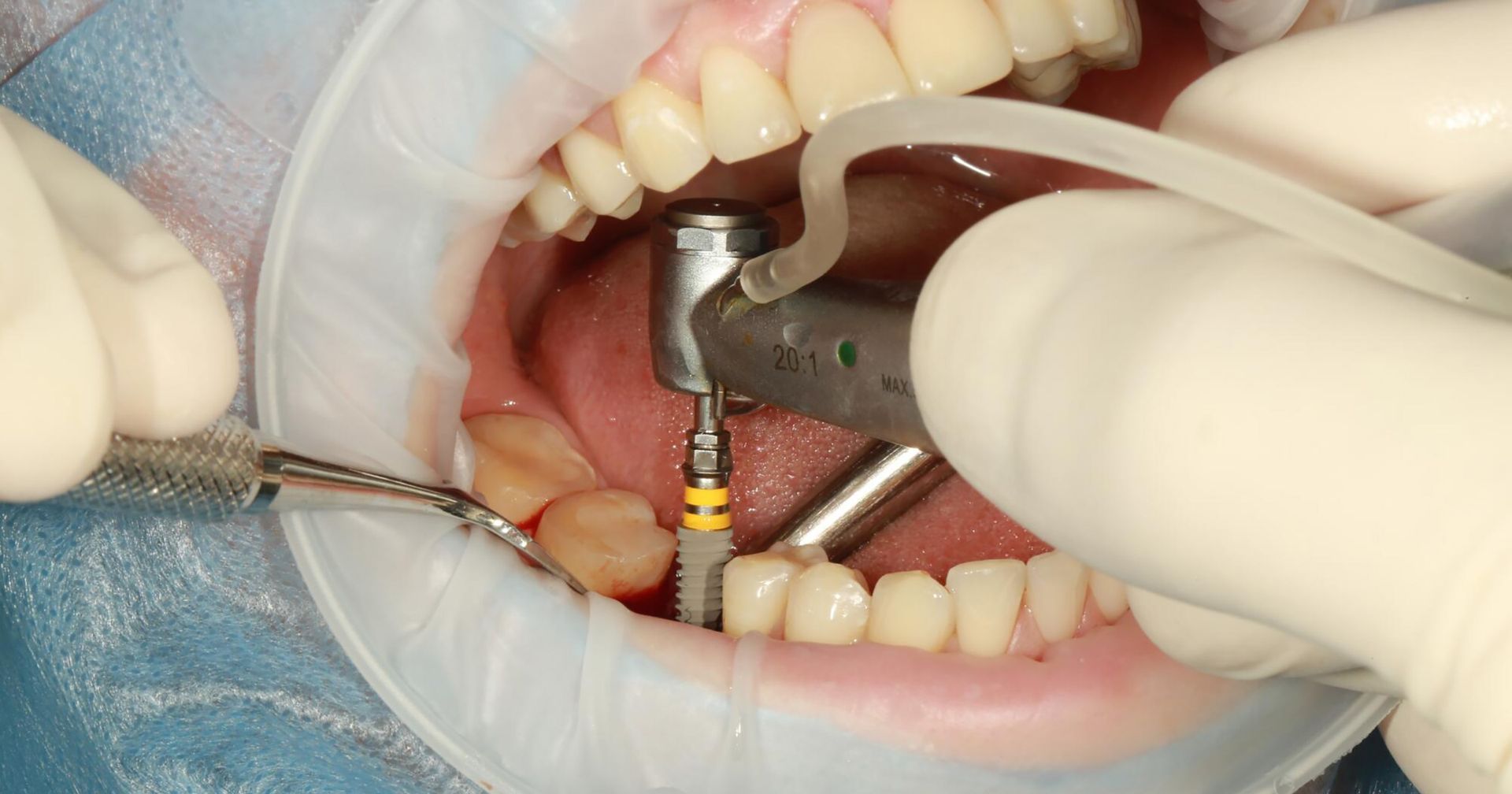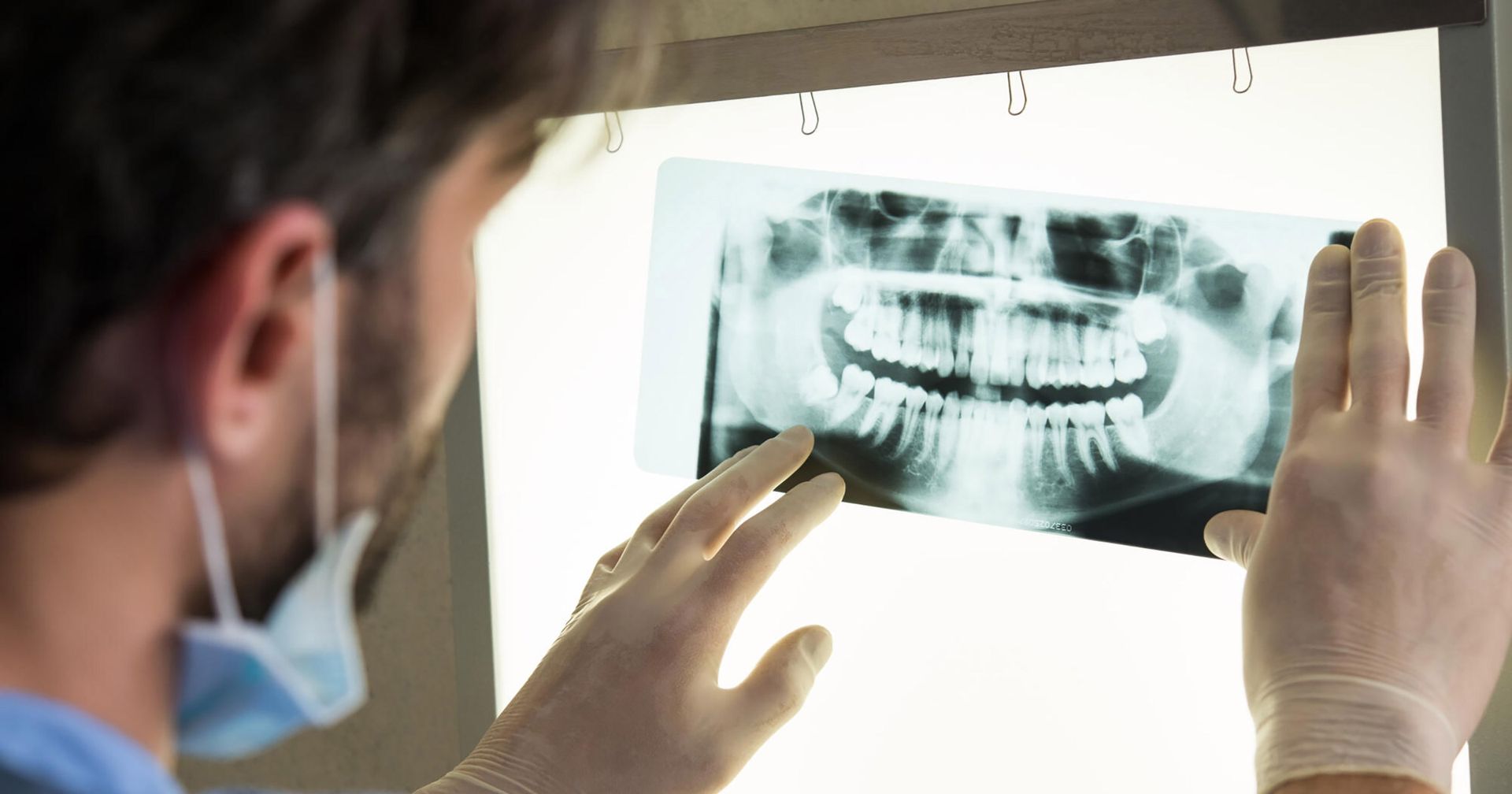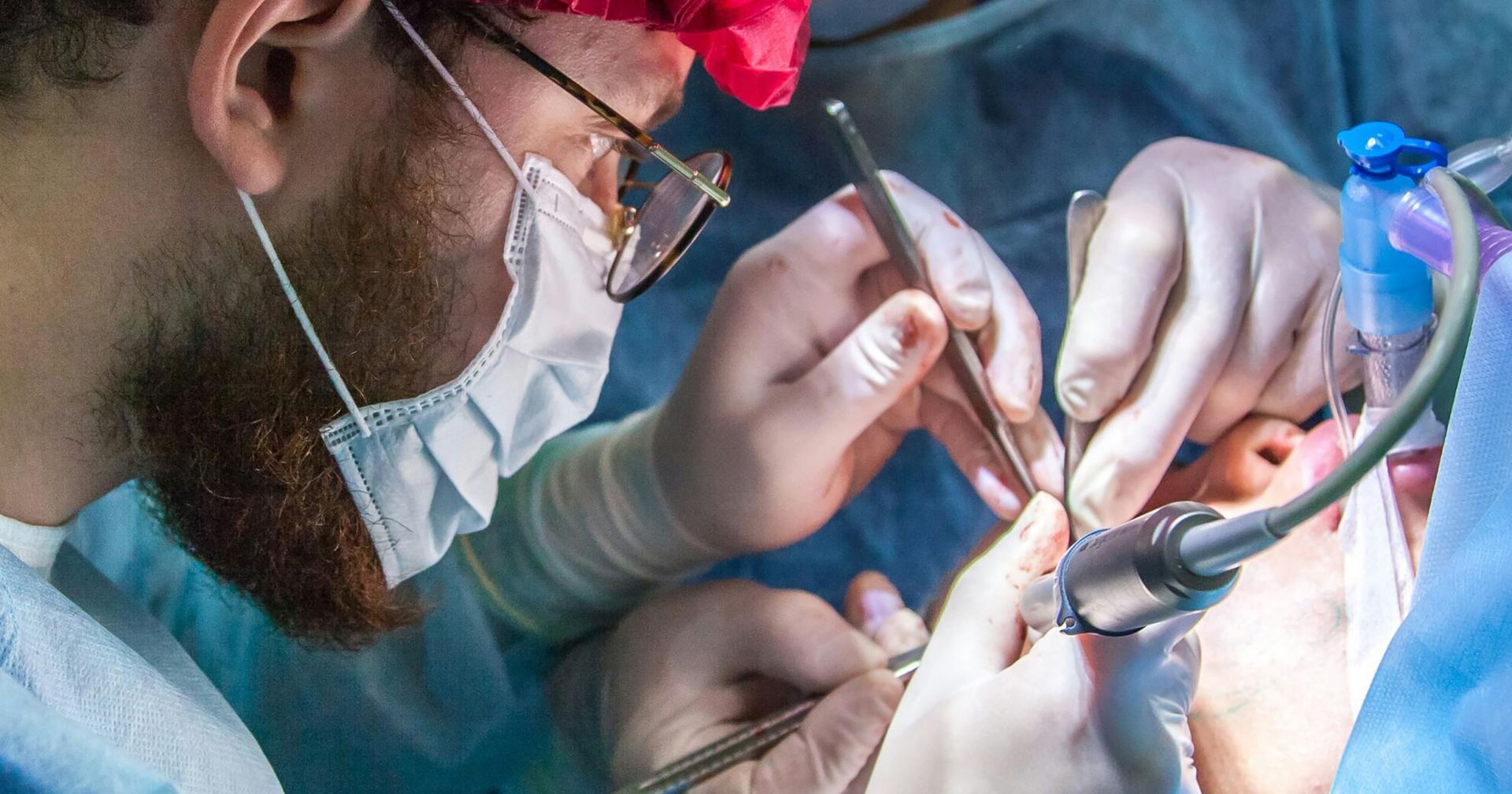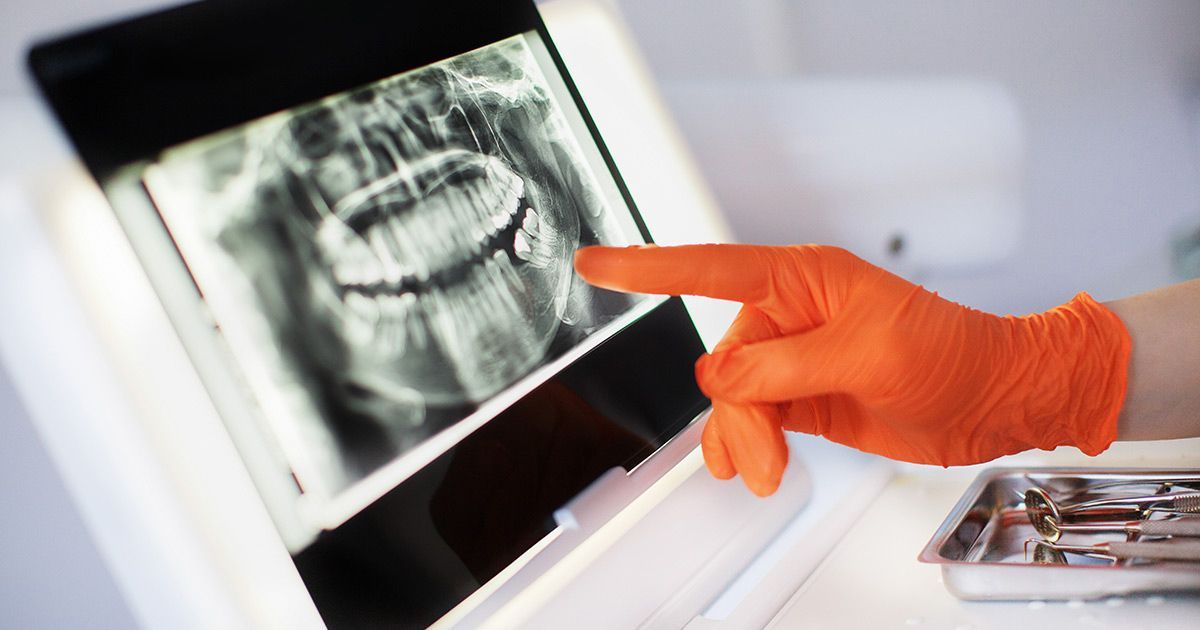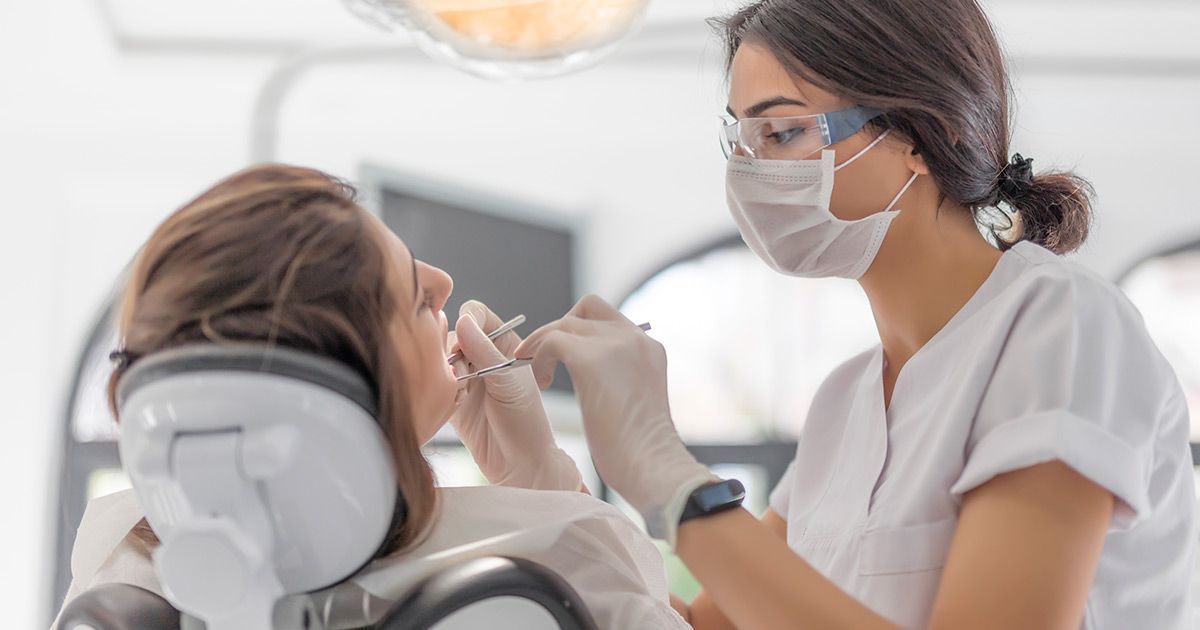Common Dental Problems and How to Avoid Them
Maintaining a healthy smile is essential, not just for your appearance but for your overall well-being. As a working adult in South Philadelphia, PA, managing your oral health amidst a busy schedule can be a challenge. However, being proactive about preventing common dental issues, such as gum disease, tooth decay, and bad breath, can save you time, money, and discomfort down the road. This guide will explore common dental problems and provide practical tips on how to prevent them.
Gum Disease: The Silent Threat
What is Gum Disease?
Gum disease, also known as periodontal disease, is one of the leading causes of tooth loss in adults. It starts with gingivitis, the mildest form of gum disease, and can progress to more severe forms, such as periodontitis. Gingivitis is usually characterized by red, swollen gums that bleed when brushing or flossing. If left untreated, it can develop into periodontitis, a serious infection that damages the soft tissue and bone supporting your teeth.
Causes of Gum Disease
The main cause of gum disease is poor oral hygiene that encourages plaque, a sticky film of bacteria, to build up on teeth and gums. If not removed by regular brushing and flossing, plaque hardens into tartar, which can only be removed by a dentist or hygienist. Other risk factors for gum disease include smoking, poor nutrition, certain medications, and chronic conditions such as diabetes.
How to Prevent Gum Disease
Prevention is key when it comes to gum disease. Here’s how to safeguard your gums:
- Brush your teeth twice a day with fluoride toothpaste. Make sure to brush for at least two minutes each time, paying close attention to the gumline, where plaque tends to build up.
- Floss daily to remove plaque and food particles from between your teeth and under the gumline.
- Schedule regular dental cleanings to remove tartar buildup that you can't remove at home.
- Quit smoking, as tobacco use significantly increases your risk of gum disease.
- Eat a balanced diet that is rich in vitamins and minerals to keep your immune system strong and your gums healthy.
At The Tabas Center for Advanced Dentistry, we offer periodontic services to diagnose and treat gum disease before it advances to more severe stages. Early intervention can help you avoid tooth loss and more complicated procedures.
Tooth Decay: The Gradual Erosion
What is Tooth Decay?
Tooth decay, or cavities, is another prevalent issue among adults. It occurs when acids produced by bacteria in your mouth break down the tooth’s enamel, the protective outer layer of your teeth. Over time, this can lead to cavities, which can compromise the structural integrity of your teeth. If left untreated, tooth decay can cause infection and tooth loss.
Causes of Tooth Decay
Tooth decay is primarily caused by poor oral hygiene; however, other factors can also contribute to the erosion of tooth enamel. Frequent consumption of sugary foods and drinks, such as sodas and candy, provides bacteria with the fuel they need to produce harmful acids. Poor brushing habits, dry mouth, and lack of fluoride can also make your teeth more vulnerable to decay.
How to Prevent Tooth Decay
Tooth decay is largely preventable if you adopt the right habits:
- Brush your teeth after every meal to remove food particles and prevent the buildup of plaque.
- Use fluoride toothpaste, which helps to remineralize your enamel and protect your teeth from decay.
- Limit sugary snacks and drinks that contribute to bacterial acid production. Opt for water or unsweetened beverages instead.
- Get regular dental check-ups to identify any early signs of decay, as many cavities don’t show symptoms until they’re quite advanced.
If you’re concerned about decay, The Tabas Center for Advanced Dentistry specializes in cosmetic procedures like dental veneers. Veneers not only enhance the appearance of your teeth but also provide an additional layer of protection against decay and damage.
Bad Breath: A Common but Manageable Issue
What Causes Bad Breath?
Bad breath, or halitosis, can be a frustrating issue to deal with, and it’s often an indication of poor oral hygiene. Bacteria in your mouth feed on food particles and sugars left on your teeth, gums, and tongue. These bacteria produce sulfur compounds that create an unpleasant odor. Other factors, such as gum disease, dry mouth, or underlying health problems, can also cause bad breath.
Causes of Bad Breath
The most common causes of bad breath include:
- Poor oral hygiene: Inadequate brushing and flossing leave food particles and plaque in your mouth, allowing bacteria to grow and cause bad odors.
- Dry mouth: Saliva helps wash away food particles and bacteria, so if your mouth is dry, bacteria can multiply and cause bad breath.
- Dental issues: Gum disease, tooth decay, and other infections can contribute to bad breath. Treating these underlying issues often resolves the problem.
- Certain foods: Foods like garlic, onions, and coffee can leave lingering smells in your mouth, contributing to bad breath.
How to Prevent Bad Breath
To keep your breath fresh, follow these steps:
- Brush and floss regularly, focusing on cleaning the tongue where bacteria can accumulate.
- Drink plenty of water to keep your mouth hydrated and help wash away food particles.
- Use mouthwash to kill bacteria and freshen your breath.
- Chew sugar-free gum to stimulate saliva production and combat dry mouth.
- Visit your dentist regularly to detect and treat issues that may be causing persistent bad breath.
If you're dealing with chronic bad breath, it's important to see a professional. At The Tabas Center for Advanced Dentistry, we provide comprehensive dental care to help diagnose and treat the root causes of bad breath.
How Preventive Dentistry Plays a Key Role
What is Preventive Dentistry?
Preventive dentistry includes a range of dental services that focus on preventing oral health issues before they become serious problems. These services typically include regular cleanings, exams, fluoride treatments, and sealants. The goal of preventive dentistry is to catch potential issues early, reducing the need for more extensive and expensive treatments later.
Benefits of Preventive Dentistry
- Early Detection of Issues: Regular exams enable your dentist to identify problems such as cavities, gum disease, or oral cancer at an early stage, when they’re easier to treat.
- Cost Savings: Preventive care is often much less expensive than restorative procedures like root canals or implants.
- Long-Term Health: Maintaining healthy teeth and gums reduces your risk of developing serious health problems, such as heart disease or diabetes, which have been linked to poor oral health.
At The Tabas Center for Advanced Dentistry, we specialize in preventive dentistry to help keep your smile healthy for years to come. Regular cleanings and check-ups are key to avoiding dental issues before they arise.
Conclusion
Dental issues such as gum disease, tooth decay, and bad breath are common, but they are also largely preventable with the right care. By maintaining good oral hygiene, avoiding sugary snacks, staying hydrated, and visiting your dentist regularly, you can protect your smile and prevent costly treatments in the future. If you're looking for a trusted cosmetic dentist in South Philadelphia, Dr. Tabas offers a range of services from general dentistry to advanced cosmetic treatments.
Call us today or schedule an appointment with our office online.
FAQ Section
1. How can I prevent gum disease?
- Brush your teeth twice a day with fluoride toothpaste, floss daily, avoid tobacco, and schedule regular dental cleanings to prevent plaque buildup.
2. Can tooth decay be reversed?
- In its early stages, tooth decay can be reversed with fluoride treatment and good oral hygiene. However, once a cavity has formed, it requires professional dental treatment to restore the tooth.
3. What causes bad breath?
- Persistent bad breath can be caused by poor oral hygiene, gum disease, or dry mouth. If your bad breath doesn’t improve with brushing and flossing, consult your dentist.
4. How often should I visit the dentist for check-ups?
- It’s recommended to visit the dentist at least twice a year for routine check-ups and cleanings.
5. What are dental veneers, and do I need them?
- Dental veneers are thin shells placed over the front of your teeth to improve their appearance. They can fix issues like discoloration, chips, and gaps. Consult your dentist to see if veneers are right for you.

